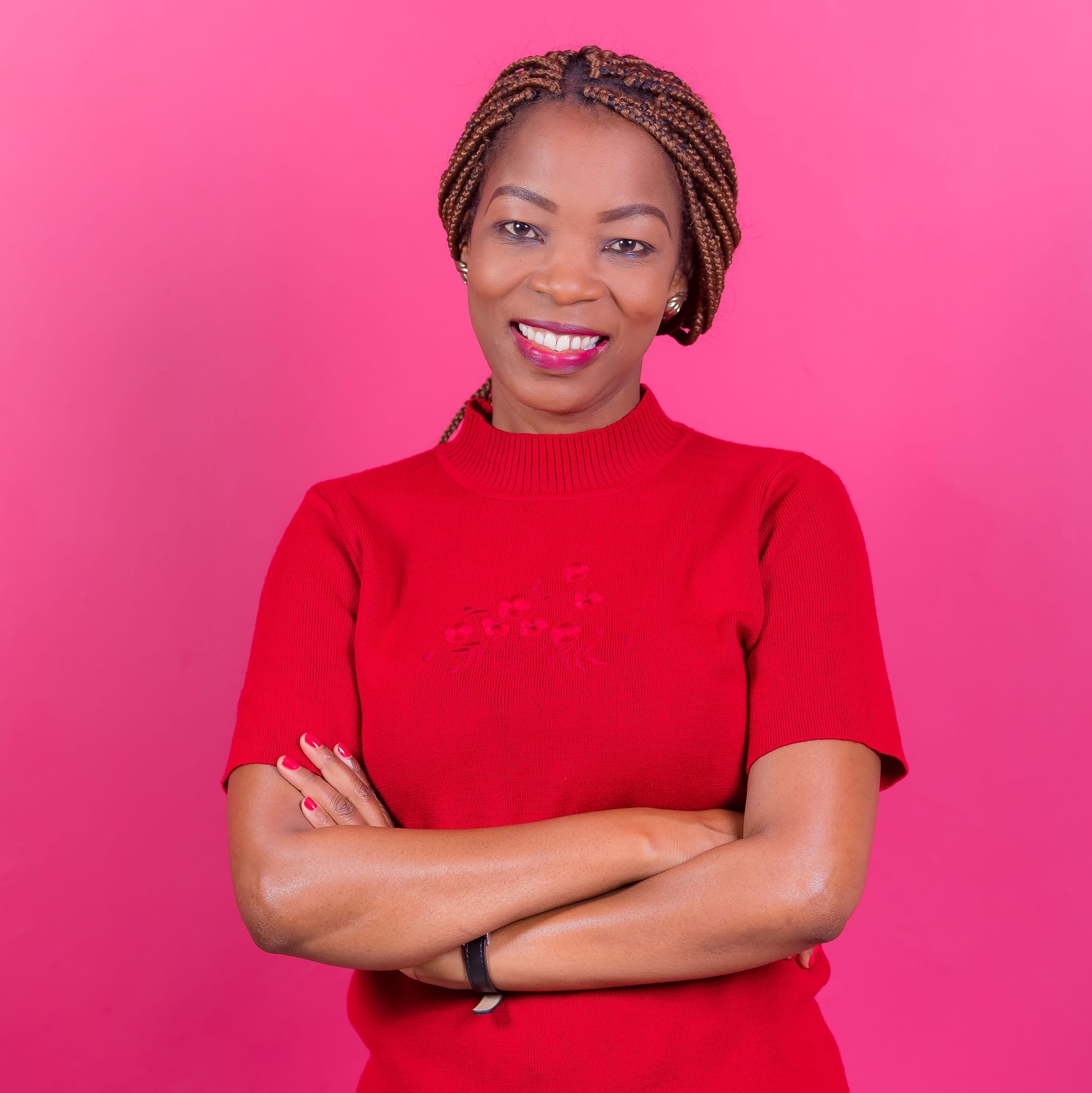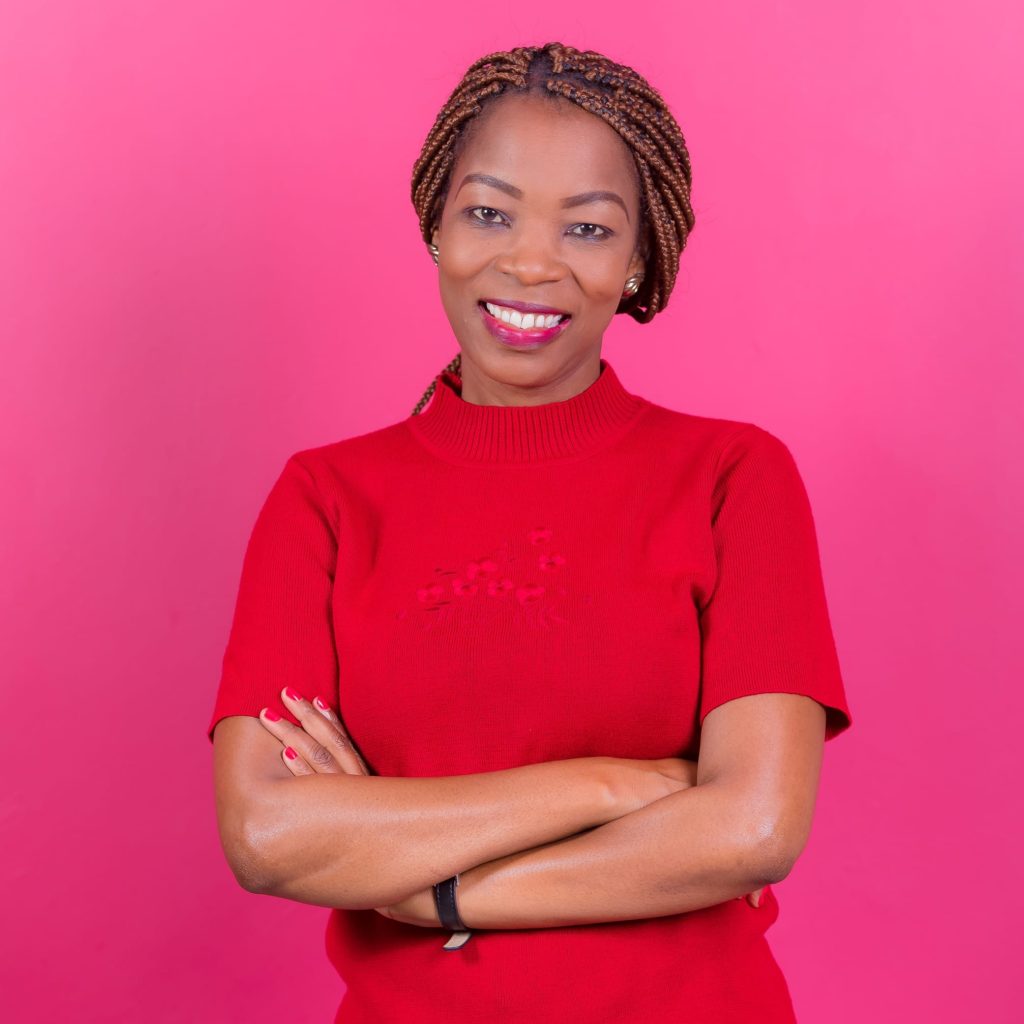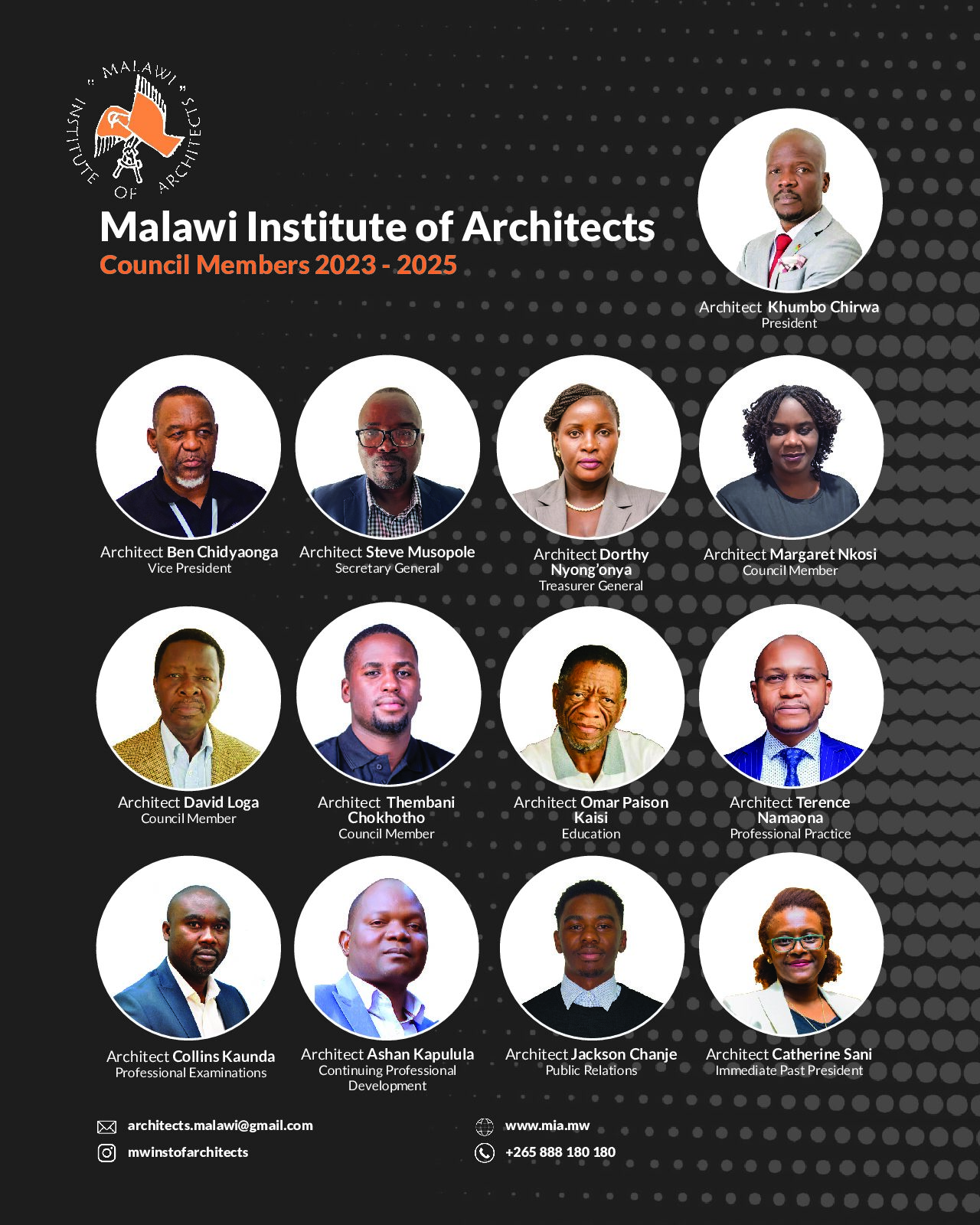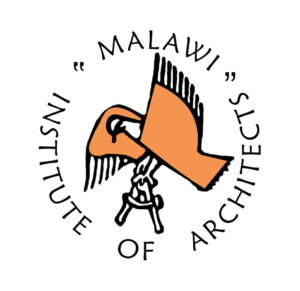
Maliam Mdoko: Malawi Institute of Architects president

The first ever female president of the Malawi Institute of Architects (MIA) Maliam Mdoko says she is geared at promoting the visibility and role of the architects in the country as she sails the institute’s ship for the next two years.
The new executive is led by females, with her vice Catherine Sani.
Architects have a role to ensure safety and security of the citizens through their work and as president, she notes that it is very unfortunate that a lot of people do not value the role of architects as they are sidelined in most projects.
“We have a role to change the infrastructure landscape; but for us to do that, we need to be given a chance and of course reclaim our role fully. It is, therefore, important that people respect this fact. As president, I will make sure that I promote the visibility and role of the institute as well as that of architects.
“I will also ensure that different professionals in the construction industry work together in promoting and safeguarding the industry,” says Mdoko, highlighting her vision as the newly elected president.
As per MIA’s Constitution enshrined in the Board of Architects and Quantity Surveyors Act, Article 3 states: “In accordance with the Laws of Malawi, the objects of the Institute shall be generally to promote the cause, facilitate the advance, maintain the standards and foster the understanding, the study and the practice of architecture; to assist the members of the public in Malawi in all matters touching on or ancillary or incidental to architecture and building; to represent the views and interests of the Institute’s members, and to preserve and protect the title, Architect”.
The president points out that “architect” is a protected title; as such people who are not qualified are not supposed to use it anyhow.
“We as MIA have different levels of membership, ranging from founding, elected, honorary, practice, student, architectural technologists and graduate architects as members,” she says.
Mdoko’s professional experience dates back to 2001 when she joined Kanjere and Associates where she worked for about 10 years. She joined as an intern and later as a graduate architect after attaining her Bachelor of Science in Architecture
“I worked on a number of projects and mastered a lot about architectural designing and overall contract administration/project management. I was further exposed and challenged to take leadership roles on most of the projects. In 2010, I joined Press Trust as a projects officer and in 2014, I was promoted to the position of projects manager which I hold up to this day,” she explains.
Considering that architecture is considered a male dominated profession, Mdoko challenges and encourages women, especially the young ones that it is the most rewarding profession in terms creativity, innovation and leadership.
“There is never a dull moment for an architect. I believe women are naturally good planners; as such it should be easy and interesting for a woman to be an architect. I am happy that I am involved in career talks in different secondary schools where girls are encouraged to join construction related disciplines, architecture inclusive. Thanks to National Construction Industry Council (NCIC) for organising these talks. It is my hope and belief that I will encourage more girls to join architecture,” she says.
Apart from the image of the institute not being visible to the people of Malawi, Mdoko observes that the institute also has challenges in terms of financial resources.
“Because of financial challenges, we are restricted in terms of implementing most of our duties such as holding continuing professional developments (CPDs) and running our secretariat. We also have challenges sensitising people on the role and value of architects in the construction industry,” she says.
Mdoko states that she did not always dream of becoming an architect.
“Actually, I never knew about architecture. I always wanted to be a medical doctor or a hydrological engineer despite my father wanting me to study accounting. When I was selected to study architecture at The Polytechnic, I tried to change and join engineering, unfortunately I did not succeed. I hated the long hours spent in the design studio. But after my first year, I became so engrossed in architecture and I have never looked back. And I don’t regret it,” she says.
A Yao by tribe and a Muslim, the new MIA president is dying to see a Malawi that will one day value and give architects the chance to change the infrastructure landscape.
“I would want to see more females joining architecture and hopefully to one day have our own Zaha Hadid,” she says.
Zaha Hadid was a renowned British architect who died last year. She was honoured with a Google Doodle on May 31 2017, for her incredible buildings and she was the first woman to win the prestigious Pritzker Architecture Prize.
Mdoko, the first born in a family of seven, comes from Mleu Village, Traditional Authority (T/A) Tambala in Dedza. She was selected to Malosa Secondary School in 1992 and selected to study for a Diploma in Architectural Technology at the University of Malawi’s Polytechnic for three years in 1997.
In 2001, she went back for a Bachelor of Science in Architecture for another three years, in a class that produced the first ever three female architects in Malawi.
She qualified as an architect in 2009 after going through the professional practice training and exams (PPT+E).
“While underdoing my professional practice, I enrolled with Eastern and Southern Africa Management Institute and Maastricht School of Management (Esami/MSM) for an Executive Master of Business Administration (MBA) in 2008, which I completed in September 2010.
“I also have a certificate in Project Identification, Development and Management (PDM) from Maastricht School of Management attained in 2012 and I am a certified project manager after successfully completing project management course in 2014,” she says.
She encourages girls to take education seriously, noting that with education, the sky is never the limit.





0 comments
Write a comment